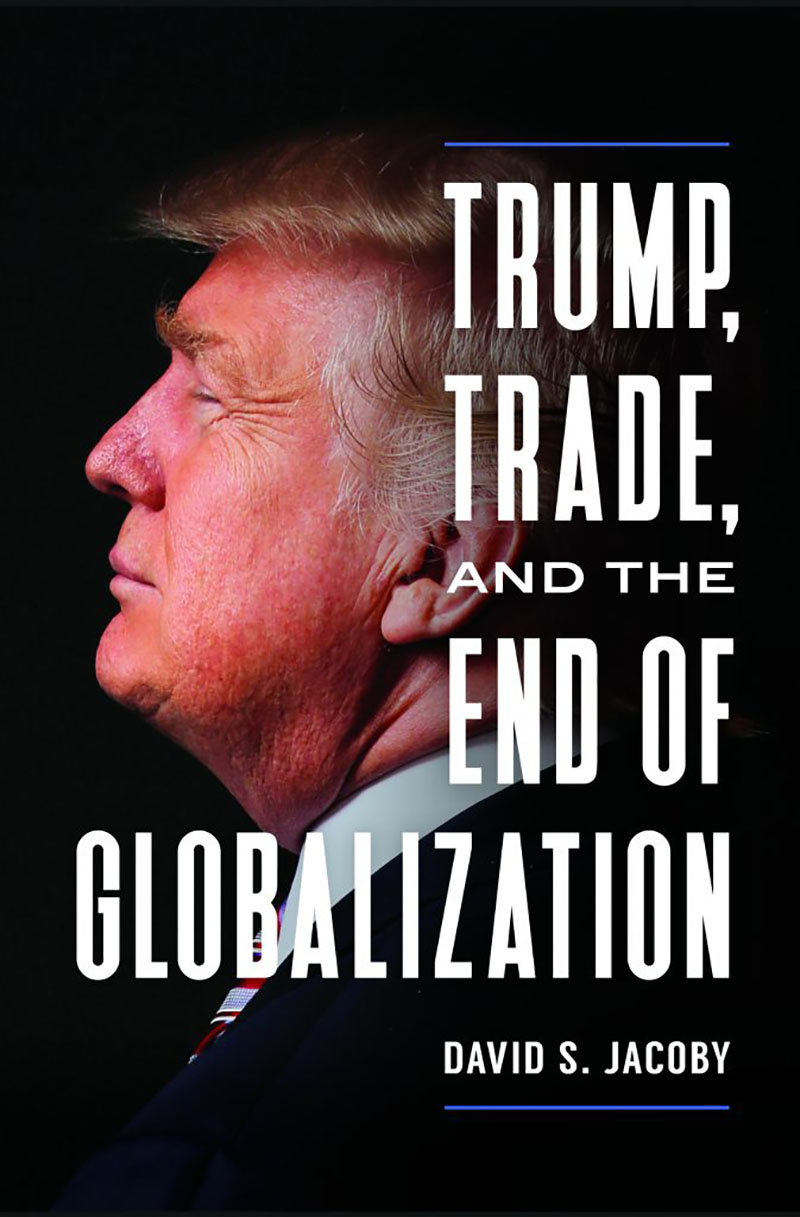Trade

Free trade is under assault in more than a dozen countries worldwide. The United States is no longer competitive, and neither are the UK, Germany, France, and other industrialized nations.
The issue is not just emotional or transitory: the West is in a serious economic quandary. Until 2018, the US corporate tax rate stood at 35%, while other countries’ rates are 12% to 25%. It spends 17% of GDP on healthcare, versus 9.7% for other countries. It spends 13% less on R&D than its trading partners, and its leadership in global patent applications has eroded. It has the costs of a welfare state and is losing out to lower-cost, more aggressive developing nations.
If the United States forcefully renegotiates all its trading agreements, it could boost its own GDP by about 3% by bringing back offshored production and reducing costs and prices by abandoning environmental and social standards at home and abroad. But its trading partners’ economies would suffer as jobs in their countries shift back to the US.
A New Multilateralism is possible, in which mature economies become the undisputed leaders in technology and innovation, and adopt new rules at the World Trade Organization. This would result in the highest global growth rate and would facilitate social and environmental progress.
Testimonials of David’s Work in Trade & Tariff Policy
Recent Posts on Trade and Tariff Policy